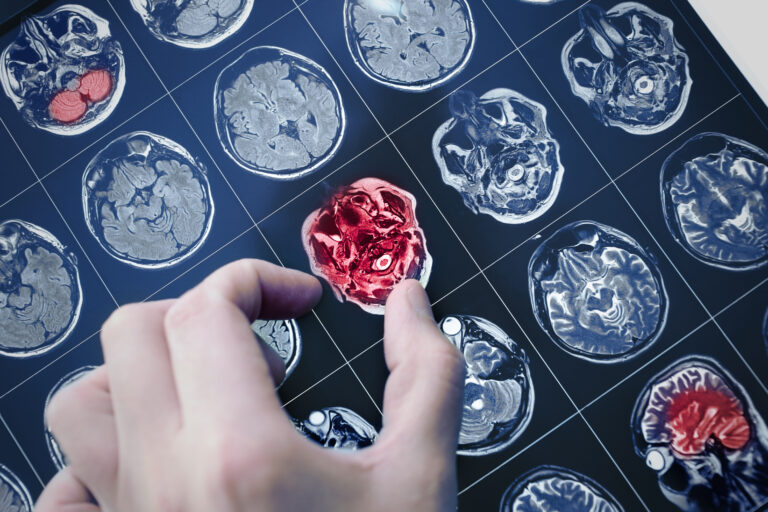The question of whether THC (tetrahydrocannabinol), the psychoactive compound in cannabis, is harmful for Alzheimer’s patients is complex and currently under active scientific investigation. Research so far presents a nuanced picture, with some evidence suggesting potential benefits of cannabis compounds, including THC and cannabidiol (CBD), in managing Alzheimer’s symptoms and brain inflammation, while other studies raise concerns about cognitive risks associated with cannabis use.
Alzheimer’s disease is a progressive neurodegenerative disorder characterized by memory loss, cognitive decline, and brain inflammation. Traditional research has focused on amyloid plaques and tau tangles as the main pathological features. However, emerging studies emphasize the role of chronic brain inflammation and immune system dysfunction in driving disease progression. This shift has led researchers to explore cannabinoids, including THC and CBD, for their potential to modulate neuroinflammation and cognitive symptoms.
One important distinction is between THC and CBD. CBD is a nonpsychoactive compound that has shown promise in reducing brain inflammation in Alzheimer’s models. A study published in the journal eNeuro demonstrated that inhaled CBD reduced inflammatory markers and improved memory-related behaviors in mice with Alzheimer’s, suggesting that CBD might help control immune pathways involved in the disease’s progression[1][3]. This research highlights the possibility that targeting inflammation with cannabinoids could offer a new therapeutic approach beyond the traditional focus on amyloid and tau.
Regarding THC specifically, some studies suggest it may have protective effects on neurotransmitters critical for memory. For example, THC has been reported to preserve acetylcholine, a neurotransmitter essential for learning and memory that is depleted in Alzheimer’s patients[2]. Additionally, a 2024 review of studies on THC oil indicated that THC might reduce agitation, appetite loss, and cognitive decline in Alzheimer’s patients, which are common and distressing symptoms of the disease[5]. These findings imply that THC could have symptomatic benefits, particularly in managing behavioral and psychological symptoms of dementia.
However, the evidence is not unequivocal. Some experts caution against the use of THC or cannabis products in older adults with cognitive impairment due to potential adverse effects. For instance, some studies have linked cannabis use to cognitive issues, and the therapeutic use of CBD or THC in Alzheimer’s remains controversial and unproven in humans as of 2025[3]. Critics argue that while animal studies are promising, clinical evidence in humans is insufficient to confirm safety and efficacy. There is also concern that THC’s psychoactive effects might exacerbate confusion or cognitive decline in vulnerable patients.
Clinical trials on medical cannabis for dementia and Alzheimer’s are ongoing but have not yet produced definitive results. Current reviews emphasize that while preliminary data are encouraging, there is not enough clinical evidence to establish cannabis, including THC, as an effective long-term treatment for Alzheimer’s disease[4]. Researchers are preparing translational studies to evaluate inhaled CBD and potentially THC in human subjects, aiming to clarify dosing, safety, and immune modulation effects[3].
In summary, THC is not clearly harmful to Alzheimer’s patients but carries potential risks and benefits that require careful consideration. It may help alleviate certain symptoms like agitation and appetite loss and possibly support neurotransmitter function, but it also poses risks of cognitive side effects. The most robust evidence currently supports CBD’s anti-inflammatory properties rather than THC’s direct benefits. Until more rigorous human clinical trials are completed, medical use of THC in Alzheimer’s should be approached cautiously and under professional supervision.
Sources:
[1] eNeuro study on CBD and Alzheimer’s brain inflammation
[2] UtahCanna article on THC preserving acetylcholine in Alzheimer’s
[3] Medical News Today coverage of CBD’s immune effects in Alzheimer’s
[4] Cannabis Health News review on medical cannabis and dementia evidence
[5] Releaf UK report on THC oil reducing Alzheimer’s symptoms





